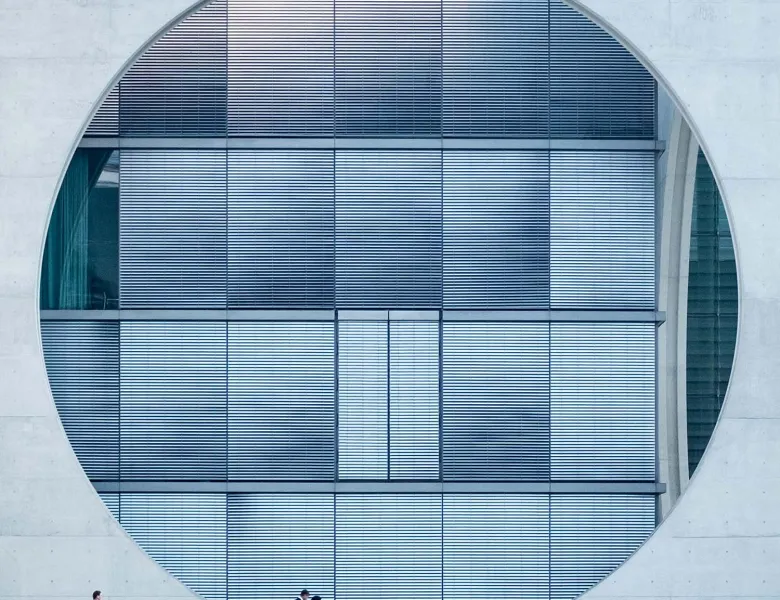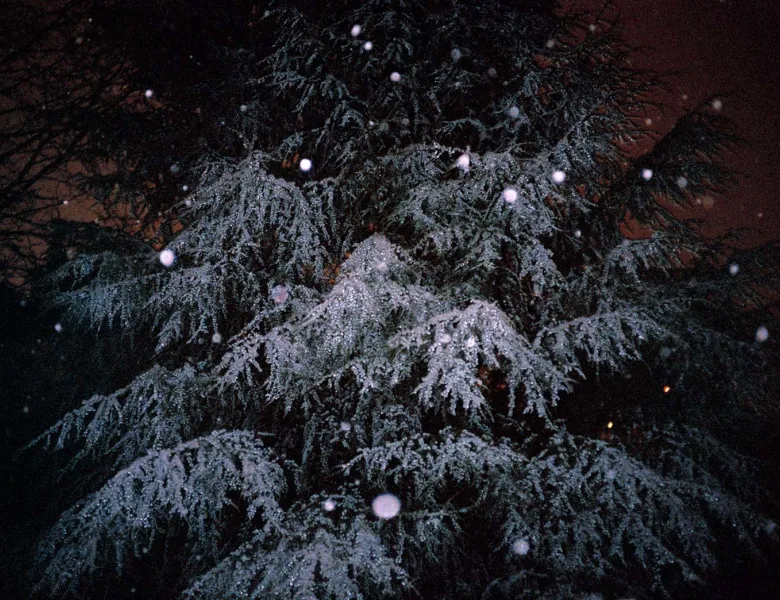Finding utopia in the strange stillness of a photograph
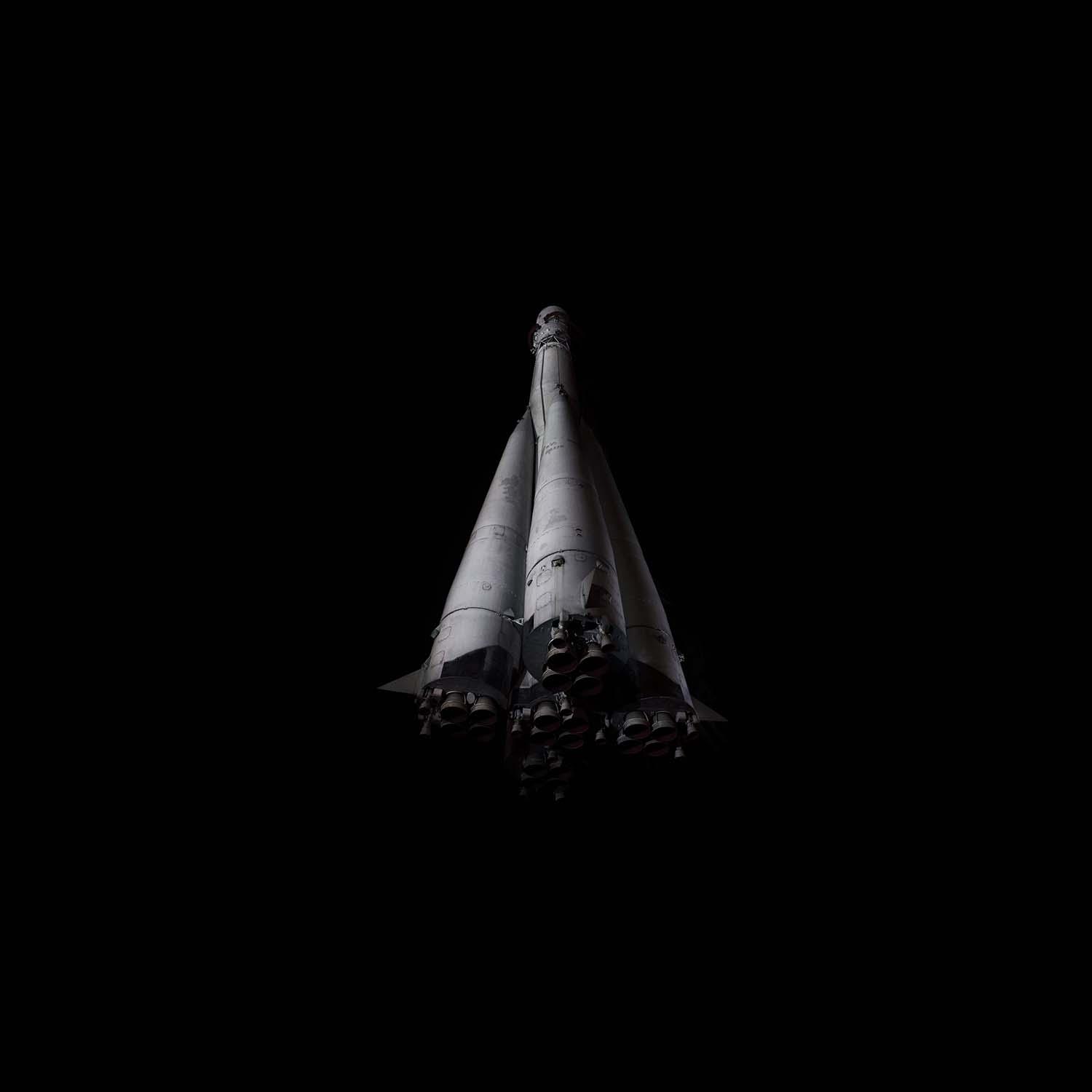
Danila Tkachenko was born in Moscow in 1989. In 2014 he graduated from the Rodchenko Moscow School of Photography and Multimedia, department of documentary photography (supervisor Valeriy Nistratov). In the same year he became the winner of the World Press Photo 2014 competition with the project 'Escape' which he worked on for 3 years.
In March 2015 he finished the project 'Restricted Areas' which has already received a number of international awards including European Publishers Award For Photography, Burn Magazine grant, and included in the Dutch magazine Foam Talents. He was shortlisted for the project in the 2015 Sony World Photography Awards Landscape category.
'Restricted Areas' was published in BBC Culture, The Guardian, IMA Magazine, GUP Magazine, and British Journal of Photography. Danila is currently working on two projects which are being shot in a significant part of Russian territory and several neighboring countries.
Hi Danila. Thanks for talking to us. Firstly, why photography? When and how did you first come to the medium?
Hi! Well, my passion for photography came by accident. In 2009 I started to rent the flat with a girl who was a photographer. I had never been fond of this medium before this moment but since then, I fell in love with photography. I studied documentary photography in the Rodchenko Art School (Moscow) where I was introduced to different media, but it was there I completely understood that photography is the medium that fits me more others.
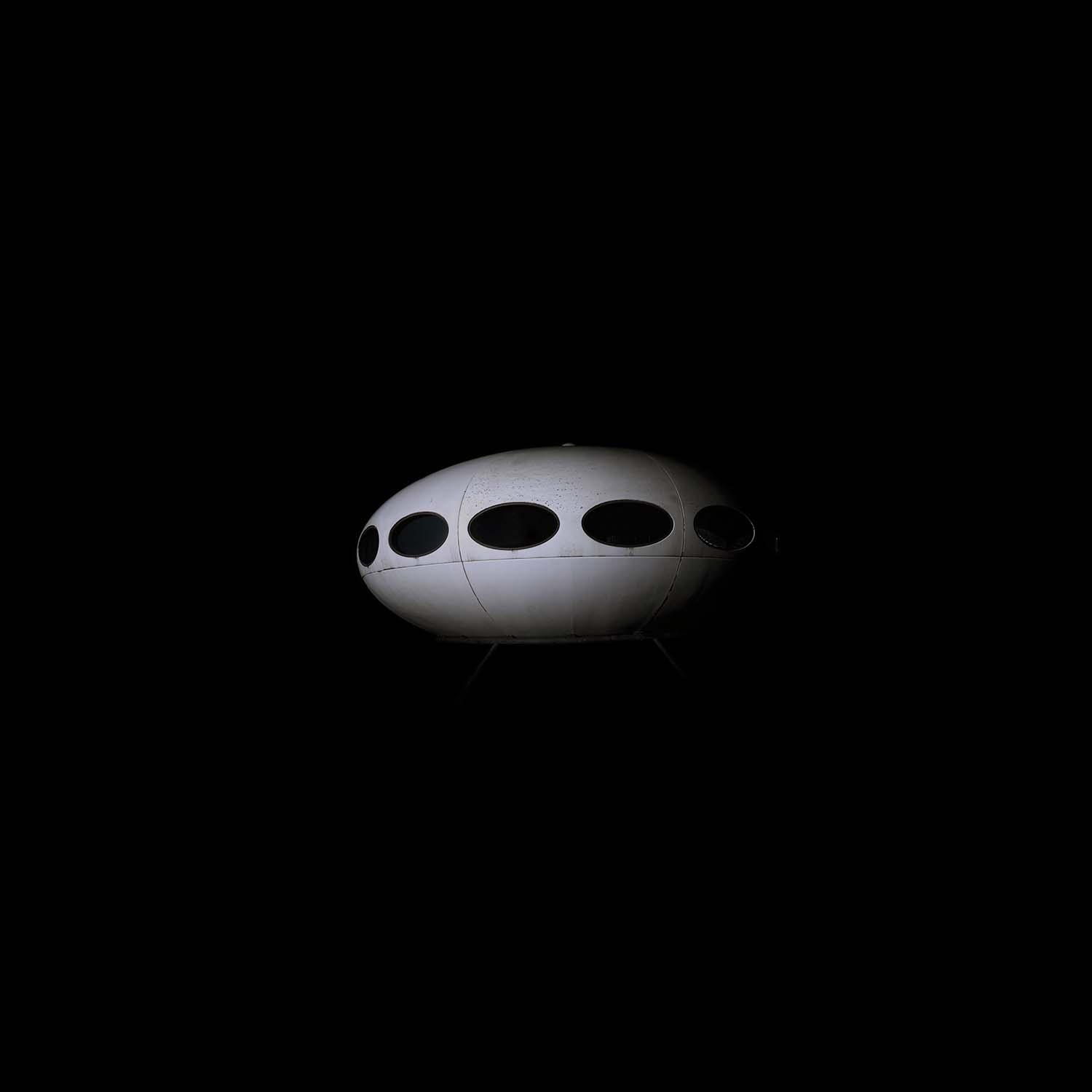
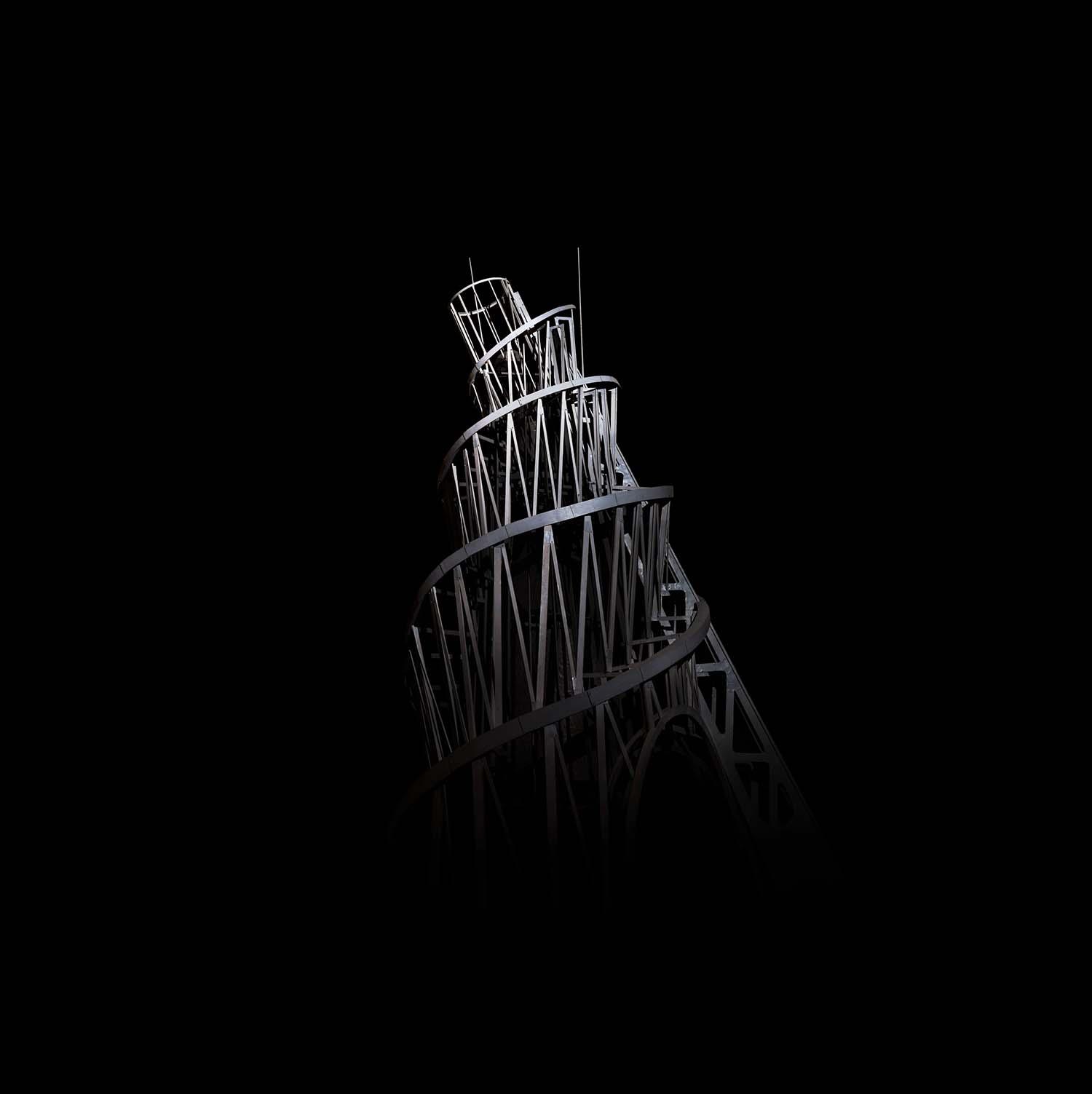
What does photography mean to you?
I think photography is the most relevant medium for the contemporary world because I see that photography operates the same scheme as the world today. It is the fastest, for example. I shot my first big project – Escape – during 3 years but it was consumed by the people during 5 minutes. Photography can exist everywhere, it occupies our time and space: in the magazines, internet, apps, books, on the posters, walls, etc. The photo is free from narrative unlike the cinema or literature. At the same time it takes the image from the real world. I think the world works the same as this, and that’s why photography corresponds so well with it.
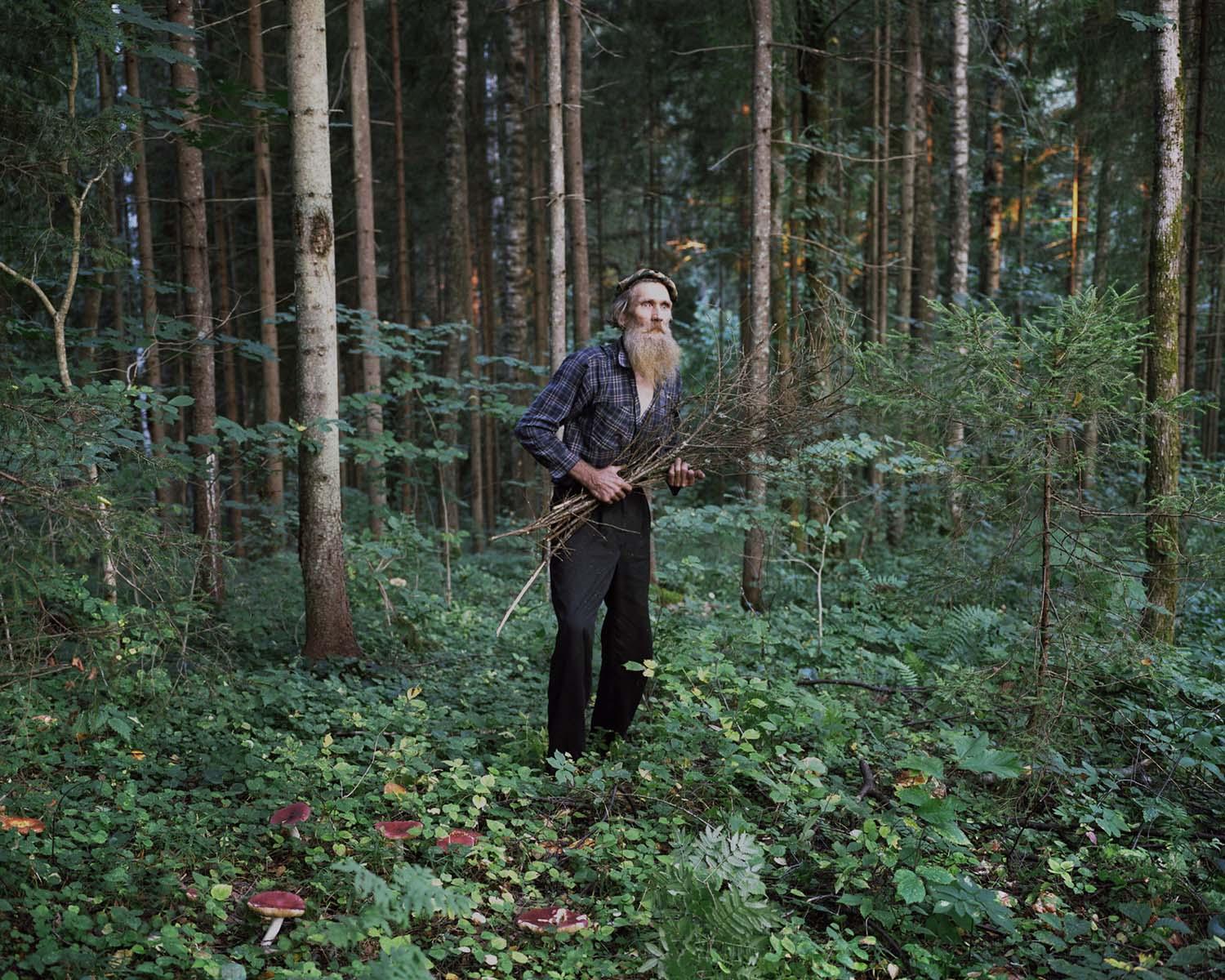
Your work often focuses on themes surrounding utopia and bleakness – can you talk about this more?
I thought much about the technical progress and how it influences people’s lives. I started to learn the history of USSR, the time of totalitarianism and took this as the metaphor of the utopia. I wouldn't talk about this time only as the time of the bleakness, it was the time of the great idea, hope and belief for the bright future. Of course at the same time that was a terrible time but people started to conceive it not so long ago. And this is the way utopia works. I concentrated on the technological process but it can be passed into other spheres also.
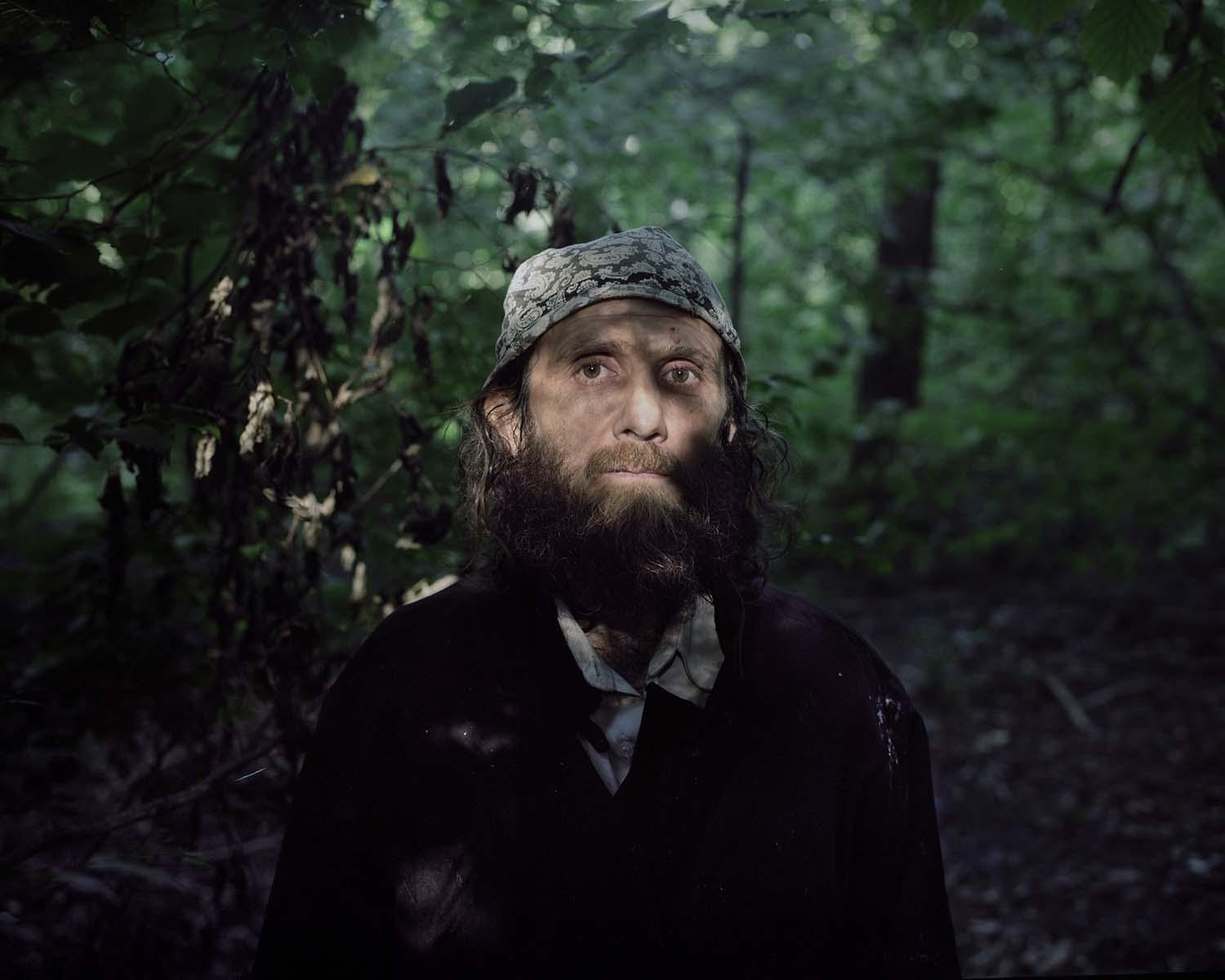
Remind us about your successful series ‘Restricted Areas’. The work was published by Dewi Lewis – what was the process like of putting together the work in book form?
It was interesting. I like that work can be showed in two different forms – as in photography at the exhibition as well as the book. Of course each idea has it’s own best corresponding platform but if looks great in the other mediums – why not? Photography has a range of ways it can be presented and this is one of its main characteristics.
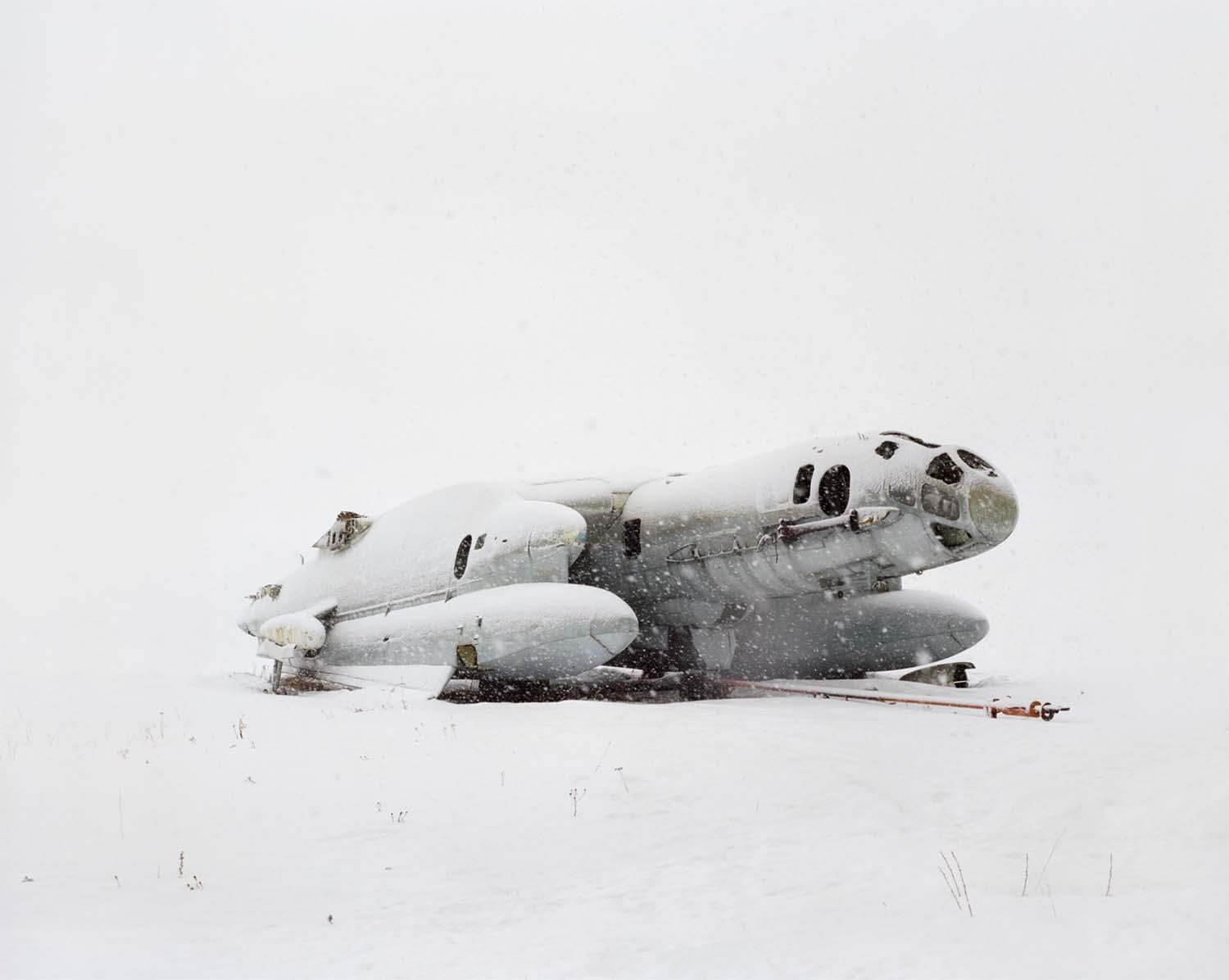
What have you been focusing on since your success in the 2015 Sony World Photography Awards?
Recently I finished the new series which called 'Lost Horizon' where I continue to think about the utopia, but in others forms: I shot the objects that are still alive and functioning and are built into a city. Now I’m working on the two series in parallel, one of them will be presented very soon and will be about different things completely.
danilatkachenko.com
worldphoto.org/swpa






